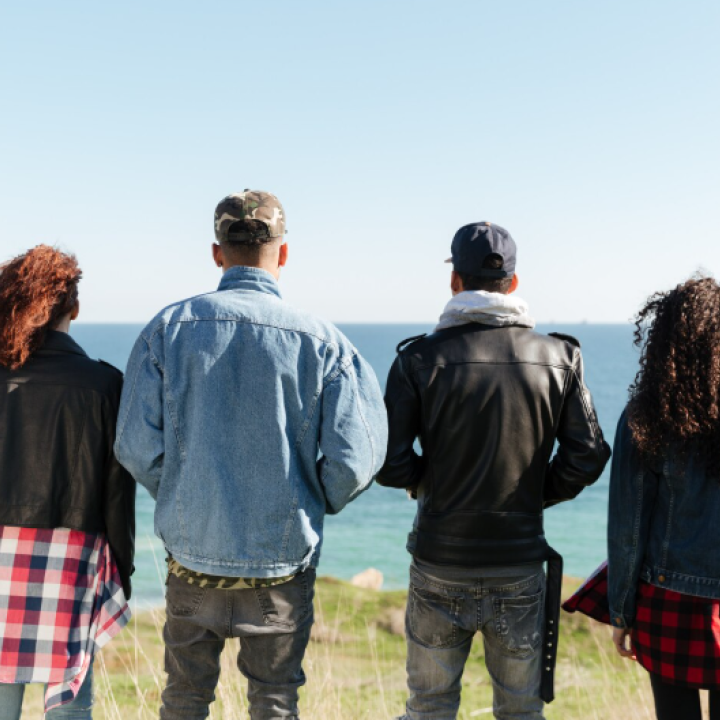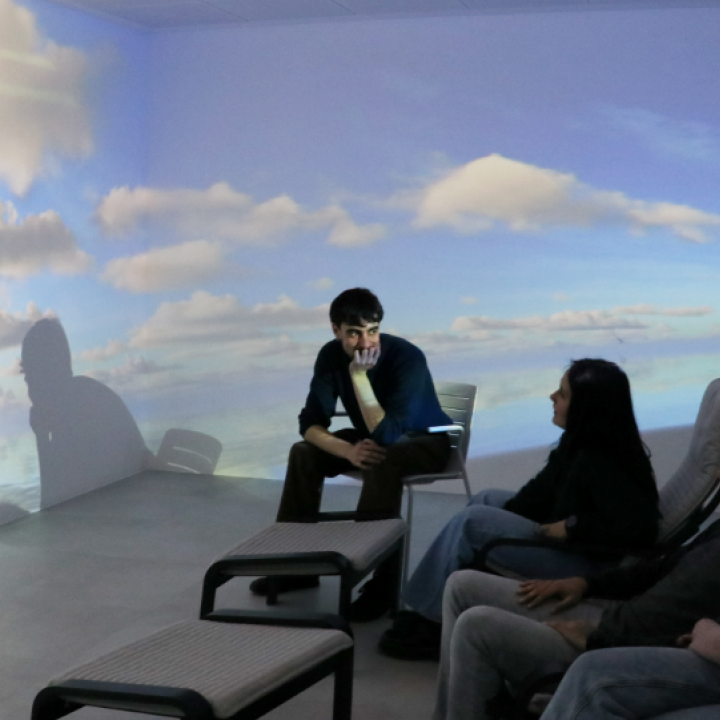The beginning of the 21st century is undoubtedly been marked by the emergence of the Internet and new technologies. These have acted as driving force that has accelerated the transformation of today's world, which has led to the emergence of new social challenges; but also provided tools to address them.
For this reason, Suara Cooperativa has created the Social Digital Lab, a laboratory for social innovation, co-creation and inter-cooperation, in which the organization, together with other public and private entities, universities, technology centers, administrations and citizens, explores different technological solutions to respond to the needs of different people.
“We must be able to work together with administrations, collaborate with universities that provide us with knowledge, and partner with start-ups and technology companies that help us create and design technological proposals,” explains Jordi Picas, director of the communication area of Suara Cooperativa.
However, these co-creation processes go beyond the public or private sector and also involve citizens. This philosophy is shared by Guillem Alenya, director and researcher at the Institute of Robotics and Industrial Informatics of the Polytechnic University of Catalonia (UPC). "Innovation and technology must be at the service of people, and for this to be possible, both users and caregivers must have a relevant role in deciding how this technology is used," Alenya explains.
One of Suara Cooperativa’s main lines of action is supporting people who are in the final stages of life and have lost part of their cognitive or physical abilities due to aging or illness. It is in this context that it is collaborating with the UPC on a project that aims to enable sensors in homes to alert caregivers, whether professional or not, if the person they live with has suffered a fall, is at risk or has changed their behavior patterns, which could indicate cognitive or physical deterioration.
However, this is not the only challenge posed by aging. As Suara Cooperativa has identified, another major challenge is combating unwanted loneliness. To address this, the organization has created Casal TV, which, through a device installed on a television, connects people who are unable to leave their homes so they can interact with each other or participate in workshops and fitness classes.
For Ana Simón, manager of Disruption and International Connection at ACCIÓ, it is a tool that is easy to use. "It is a very interesting case of how to use technology in the service of social care," she emphasizes.
Also for this purpose and to improve support for people who require home care, the Social Digital Lab has worked with the company Yasyt Robotics. “Technology has arrived to transform health and social care and to help families and caregivers, both professional and non-professional, take care of people,” says Núria Infiesta, executive director and founder of the robotics firm.
Tools like these, explains Bárbara Outeiro, head of innovation at Suara Cooperativa, aim to ensure that people can age with dignity in their own homes. “These new technologies are here to stay, and I think the Social Digital Lab is tackling all these challenges that are fundamental for social care and for people in general,” Outeiro concludes.




